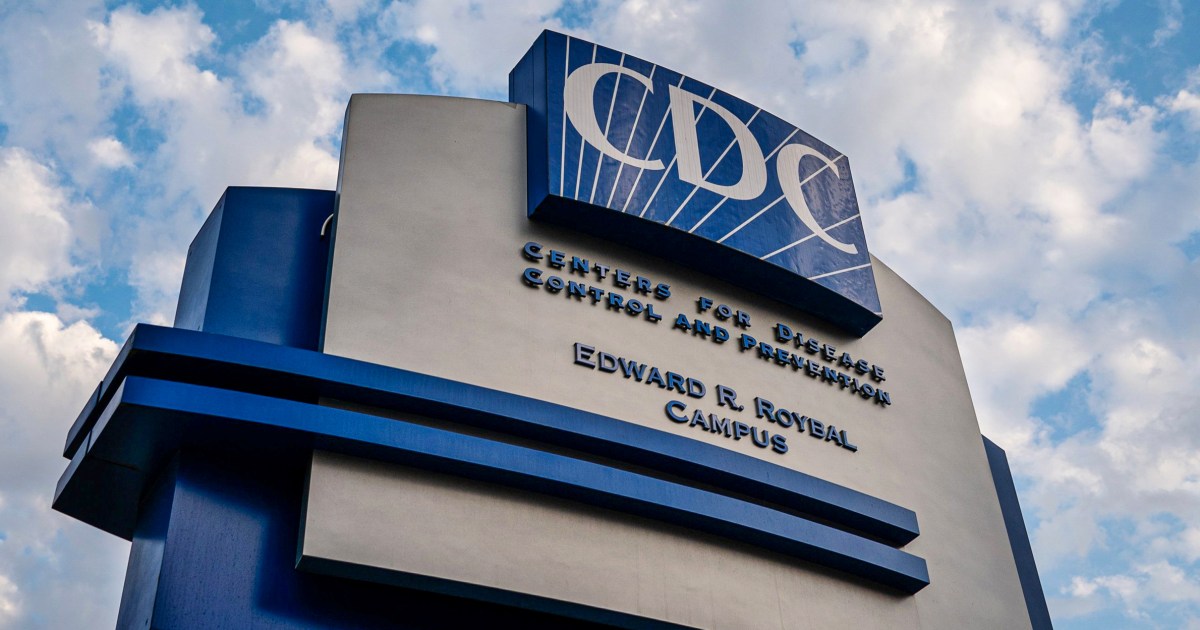
Nearly all scientific communication coming from federal health agencies — including the National Institutes of Health and the Centers for Disease Control and Prevention — has been stopped until further notice through multiple directives from the Trump administration.
President Donald Trump’s acting secretary for the Department of Health and Human Services, Dr. Dorothy Fink, instructed heads of all federal health agencies in a memo Tuesday to temporarily stop public messaging, pending a review.
NBC News obtained a copy of the memo, which advises leaders of the CDC, the NIH and the Food and Drug Administration to “refrain from publicly issuing any document” or communication, including regulations and press releases, “until it has been reviewed and approved by a Presidential appointee.”
The memo left wiggle room for the release of communications that could be considered a matter of critical health and safety.
Late Wednesday, the NIH responded in a statement: “HHS has issued a pause on mass communications and public appearances that are not directly related to emergencies or critical to preserving health. “This is a short pause to allow the new team to set up a process for review and prioritization.”
The pause took effect immediately and will last through Feb. 1.
Communications teams from federal health agencies, including the CDC and the Department of Health and Human Services, learned of the pause during a call Tuesday.
“There’s a lot of uncertainty right now as this transition occurs,” a CDC official said, adding that it’s not “totally out of the ordinary” during transitions.
An HHS official said the same occurred during Trump’s first term.
A short pause in messaging is not uncommon as new administrations get up to speed. The HHS official noted that a small pause isn’t a cause for concern, but that it could be an issue if it lasts a week or more.
“We’re holding for the new team to come in and set guidance,” the HHS official said, “but we’ve had little instruction.”
The two officials spoke on the condition of anonymity because they were not authorized to speak publicly.
The delay could include several reports on bird flu that were set to be released Thursday by the CDC, one official said. That potential gap in reporting comes during an escalating outbreak of bird flu, also called H5N1.
And a senior press officer for the CDC declined to answer questions about whether the agency’s seasonal flu report, expected to release on Friday, will be posted.
Instead, the press officer deferred questions to HHS, which has not responded to requests for comment.
Similar requests sent to CDC and FDA went unanswered.
On Wednesday, NIH employees received an email saying that all government travel is suspended until further notice “in compliance with guidance from HHS.”
“Staff currently on official government travel can complete their trip, as long as they are not presenting, but must return to their original point of departure,” the email, which was shared with NBC News, read. “Future requests for any reason are not authorized.”
Also Wednesday, some scientists on social media posted frustrations that the NIH had stopped approving money for research grants through its review groups, called study sections.It’s unclear whether the move is part of the HHS communications pause.
Without grants, scientists are unable to start any new research, from asthma and pediatric cancer to Covid and Ebola. The NIH awards more than 60,000 grants each year, supporting at least 300,000 researchers.
The NIH did not immediately respond to questions about research grant funding.
The Washington Post first reported the pause in public communications on Tuesday.

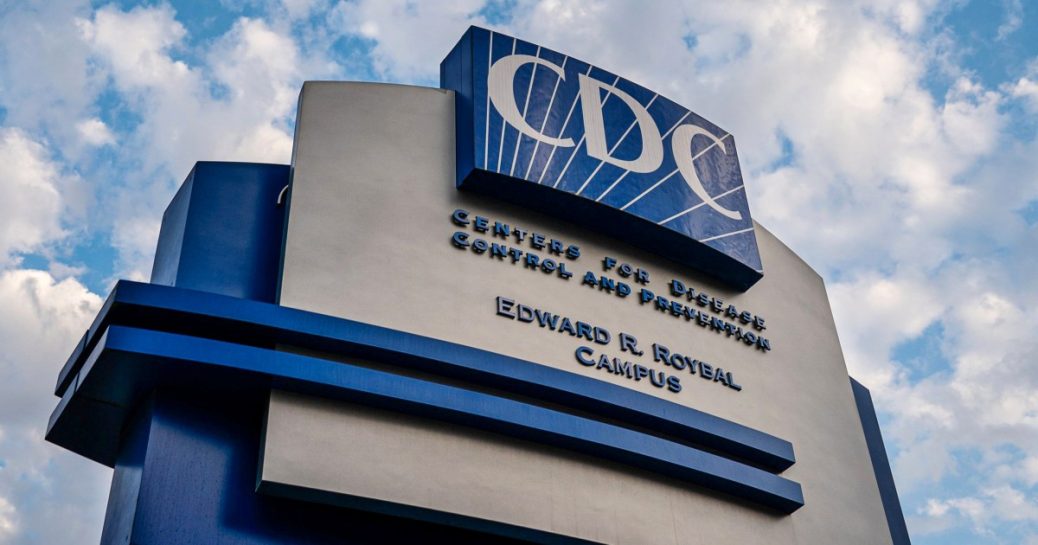

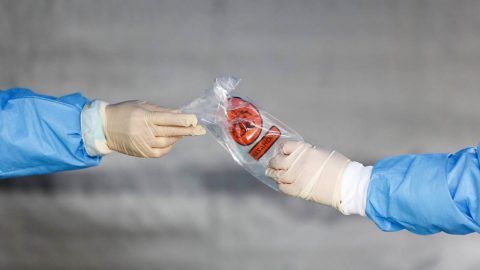

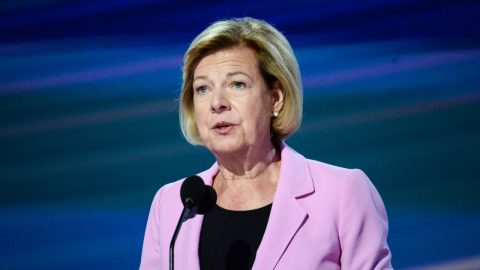
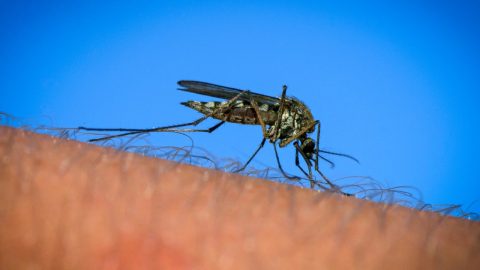
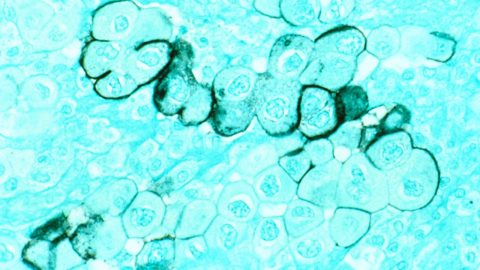
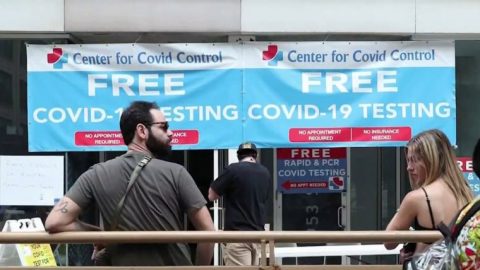
Recent Comments